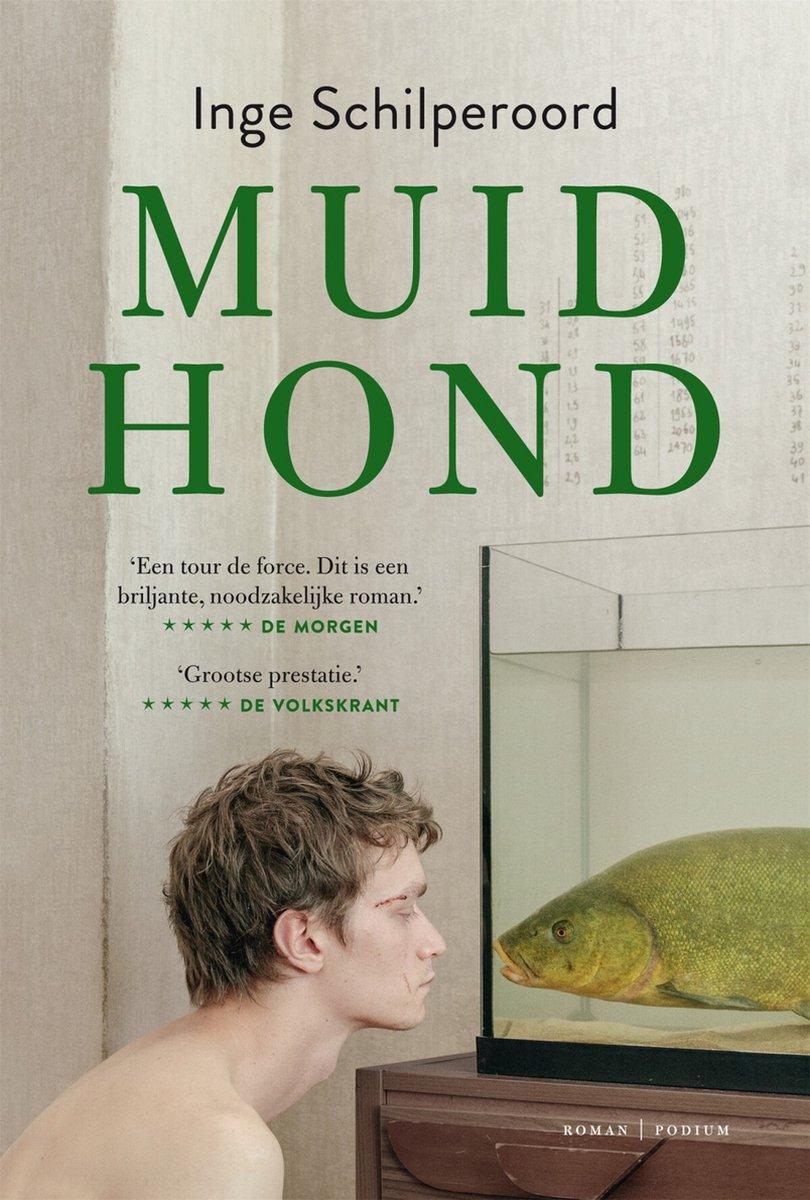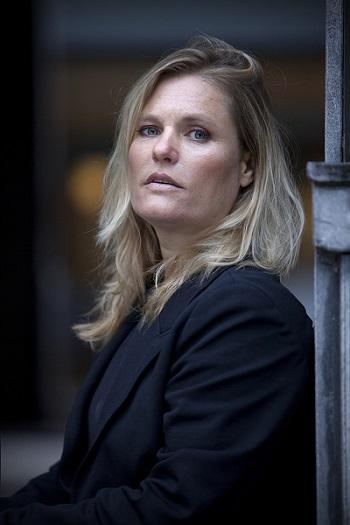Tench
One sunny morning, the narrator Jonathan is released from prison to return to his elderly mother in her sad house by the North Sea. All we are told about his crime is that he is spared from compulsory psychiatric treatment, due to lack of evidence. However, he is instructed by his psychologist to record his experiences and feelings.

The stakes are high in the emotional world of this middle-aged man: he has an almost uncontrollable desire for young girls and is drawn to nine-year-old Elke who lives next door. She too lives alone with her mother. She too seems lost and lonely, and is often left to fend for herself. Despite their age difference, Jonathan befriends the girl and together they take care of an ailing fish he finds swimming in a pool among the dunes. A tender relationship begins to develop. Jonathan sees Elke as some- one he wants to love and protect, but he describes his feelings in unsettlingly adult terms.
So long as the fish is healthy, Jonathan remains on an even keel. So long as he can order his inner life according to his therapy workbook, he can keep himself under control and oversee the transition from feelings and thoughts to behaviour, events and consequences. But the sun beats relentless down on the sand dunes and the fish begins to deteriorate, and desire flares up within Jonathan, a desire that he has been struggling so very hard to resist, knowing that it is wrong. The novel moves inexorably towards its dramatic denouement.
Tench is a novel that raises questions about society’s efforts to deal with those whose sexual urges violate its norms and standards. Should they be treated as criminals and outcasts or should we find ways to help them? To prevent abuse, surely we need to understand the nature of the potential abuser? Inge Schilperoord has written an insightful and disturbing account of one man’s struggle to rein in the uncontrollable, which stays with the reader long after the final page.
A debut as compelling as it is daring. A portrait of a good man with harmful desires – far more chilling and infinitely more tragic than a portrait of a monster.
HP/De Tijd
Prose that demands the reader’s fullest attention. […] a riveting book that will not let you look away.
NRC Handelsblad
